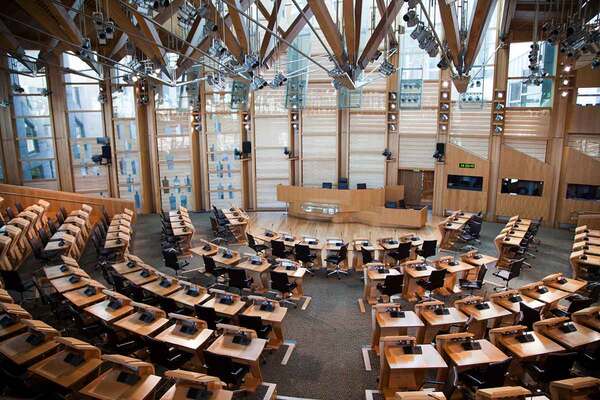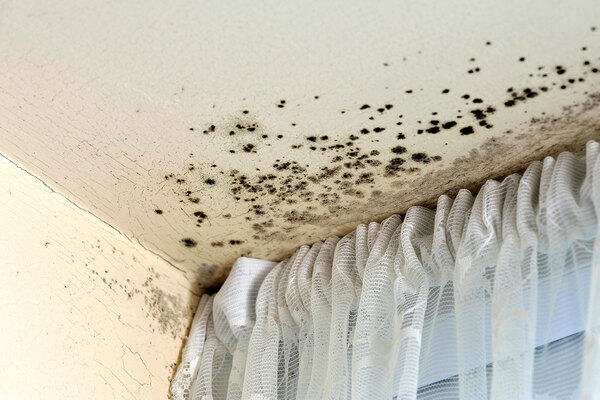Scotland to cap rents in the private sector at 3%
The Scottish Parliament has approved a 3% rent cap for private renters and extended emergency protections for tenants.
The measure was approved by members of the Scottish Parliament yesterday as part of a number of changes to the Cost of Living (Tenant Protection) (Scotland) Act.
This means that from 1 April, if a private landlord chooses to increase a tenant’s rent mid-tenancy, the increase will be capped at 3%.
Alternatively, private landlords will be able to apply for a rent increase of up to 6% to help cover certain increases in costs in defined and limited circumstances.
These can include increased mortgage interest payments on the property they are letting, an increase in landlords’ insurance or increases in service charges paid as part of a tenancy, subject to an overall limit.
On the enforcement of evictions, the Scottish government will maintain the evictions moratorium for up to six months, except in a number of specified circumstances.
This moratorium pauses enforcement of eviction actions resulting from the cost of living crisis.
Scotland originally passed the emergency legislation in October, which brought in a rent freeze for residential tenancies until at least the end of March 2023 in response to the cost of living crisis. Social landlords in Scotland had been concerned that a freeze might be extended beyond March 2023, when rents would be set for the forthcoming year.
Under the act, the increased damages for unlawful evictions of up to 36 months’ worth of rent will continue to apply. This measure will be extended until 30 September, provided they remain necessary, with the option to extend for another six-month period if required.
Patrick Harvie, the tenants’ rights minister, said: “Our emergency legislation has given tenants across the rented sector additional protection as we continue to live through these challenging and uncertain economic times.
“It is clear that many households in the private rented sector in particular continue to struggle, which is why we are capping in-tenancy rent increases in the private sector at 3% from next month, with safeguards in place, recognising the effects the cost of living crisis may have on some landlords.
“Our restrictions on evictions will continue across all sectors, with the social sector rent cap having been replaced with voluntary agreements from landlords to keep rents affordable. We will continue to keep these measures under review, ensuring they remain necessary and proportionate to the challenges at hand.”
The voluntary agreements Mr Harvie mentioned were announced in December after the Scottish government revealed it would not impose any rent restrictions on social landlords for the next financial year.
An agreement reached between the government and the Scottish Federation of Housing Associations today means that its members will continue to keep rents affordable, but will not face a rent freeze or any restriction from 1 April 2023.
Additional research by Inside Housing found that Scotland’s largest local authorities planned a rent hike at well below inflation, with an average rise of 3.9%.











